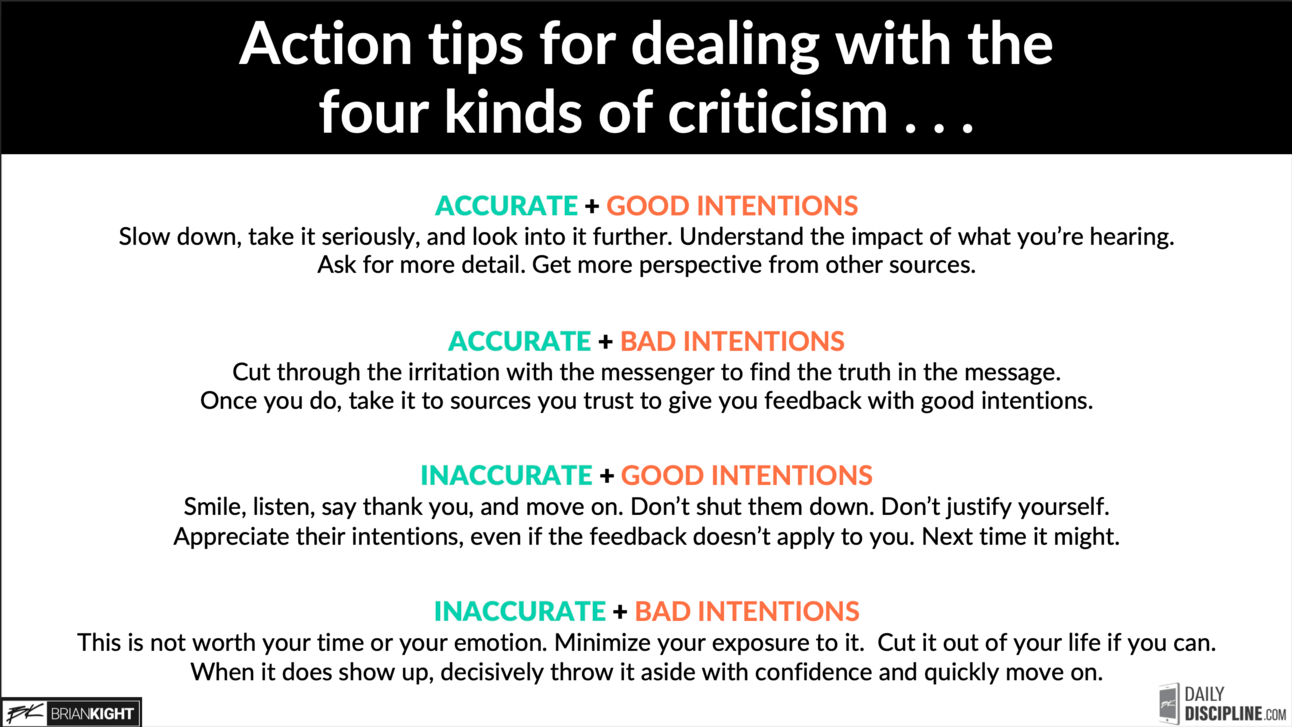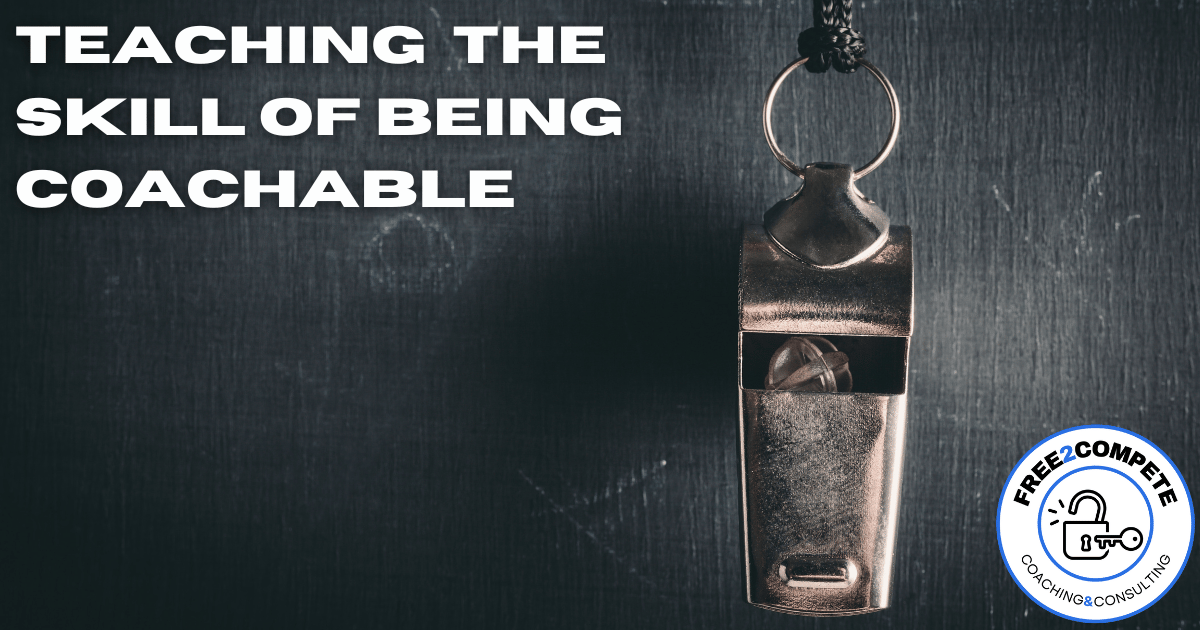First, WELCOME to the 20+ people who have signed up for this newsletter in the past week. Thank you for allowing our FREE2COMPETE team to serve you through these resources. Our goal is to provide you value, so if there is something you need please let us know!
This week as I was scrolling through Twitter I came across the following from Brian Kight. Give it a watch because it is going to be the heart of our resource this week.
“How easy is it for other people to tell me the truth?”
“Be the guy that is easy to tell the truth to!”
BEING COACHABLE
In order for us to do our jobs well we need to work with athletes who are open to our coaching. Part of coaching is that at times we need to have hard conversations with our athletes. However, athletes, just like most human beings can at times resist the feedback we are providing with the intention to help them improve.
If you’ve coached long enough, you know that with certain athletes you can’t be as honest as you need to be. I’m a big believer in the statement CLEAR IS KIND. However, I believe we need to help young athletes understand what it means to be coachable and how to
CRITICISM FILTER from Brian Kight
As we work with our students in Leadership Academy or I work with athletes teaching mental skills 1-on-1, I’ve found that Brian Kight’s Criticism Filter is a great tool that young people can employ to help them be more critical. Let me walk you through that filter.
First, there are two factors to the criticism filter:
ACCURACY of the feedback.
Accuracy is the filter of whether the feedback has useful merit. It asks, “Is any of this true and valuable?”
INTENTION of the sender.
Intention is the filter of whether the sender understands you and values what’s important to you.
A Good Intention is honesty driven by a desire to add value.
A Bad Intention is selfishness driven by ego, fear, or greed.
Brian Kight says the top priority of your criticism filter must be ACCURACY over INTENTION. So, the first thing an athlete must do is answer the question: “Is any of this true and valuable?”
These two filters create four different scenarios, as shown below.

Brian Kight then shares how we should respond to each type of criticism:

In our work with athletes, they see the value in having a tool to help them evaluate criticism, aka coaching, and respond appropriately.
A MOMENT OF SELF-REFLECTION
Coach, as you read through this resource I hope you’ll take a moment to self-reflect. When I first saw the tweet shared at the beginning, I didn’t think about my athletes, I thought about myself. Am I someone who others can tell the truth to? The real, full truth, not a toned down version.
Next, I think it is important to reflect on how we tend to coach. Is the criticism we provide our athletes ACCURATE? Meaning does it have useful merit? Is the criticism we provide our athletes with GOOD INTENTIONS? Are we trying to help them get better or are we trying to protect our ego?
PASS IT ON!
If you found value in today’s newsletter, please share this link with someone you think would find value in it as well!



